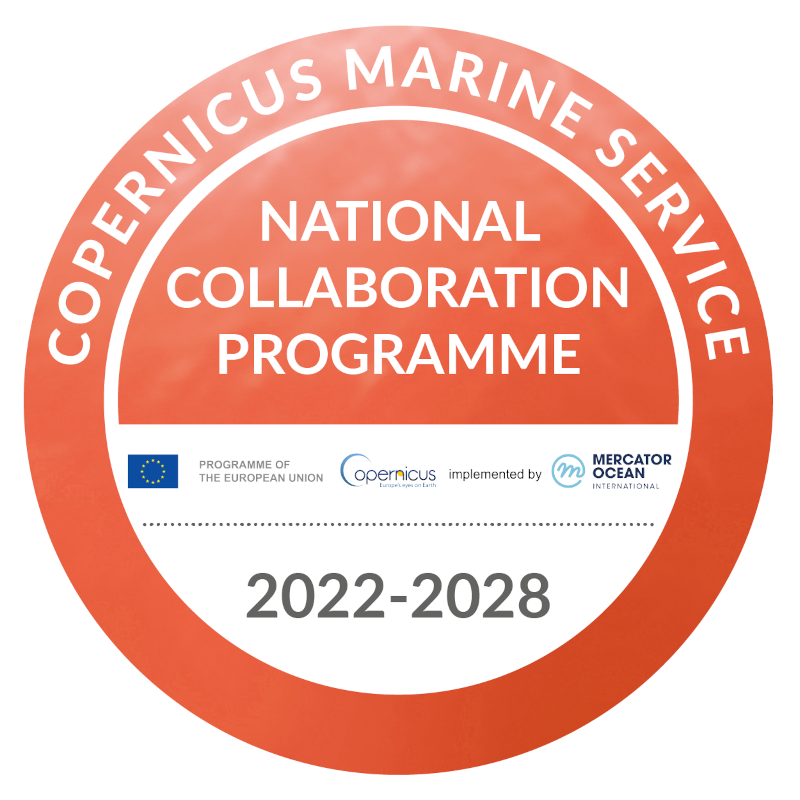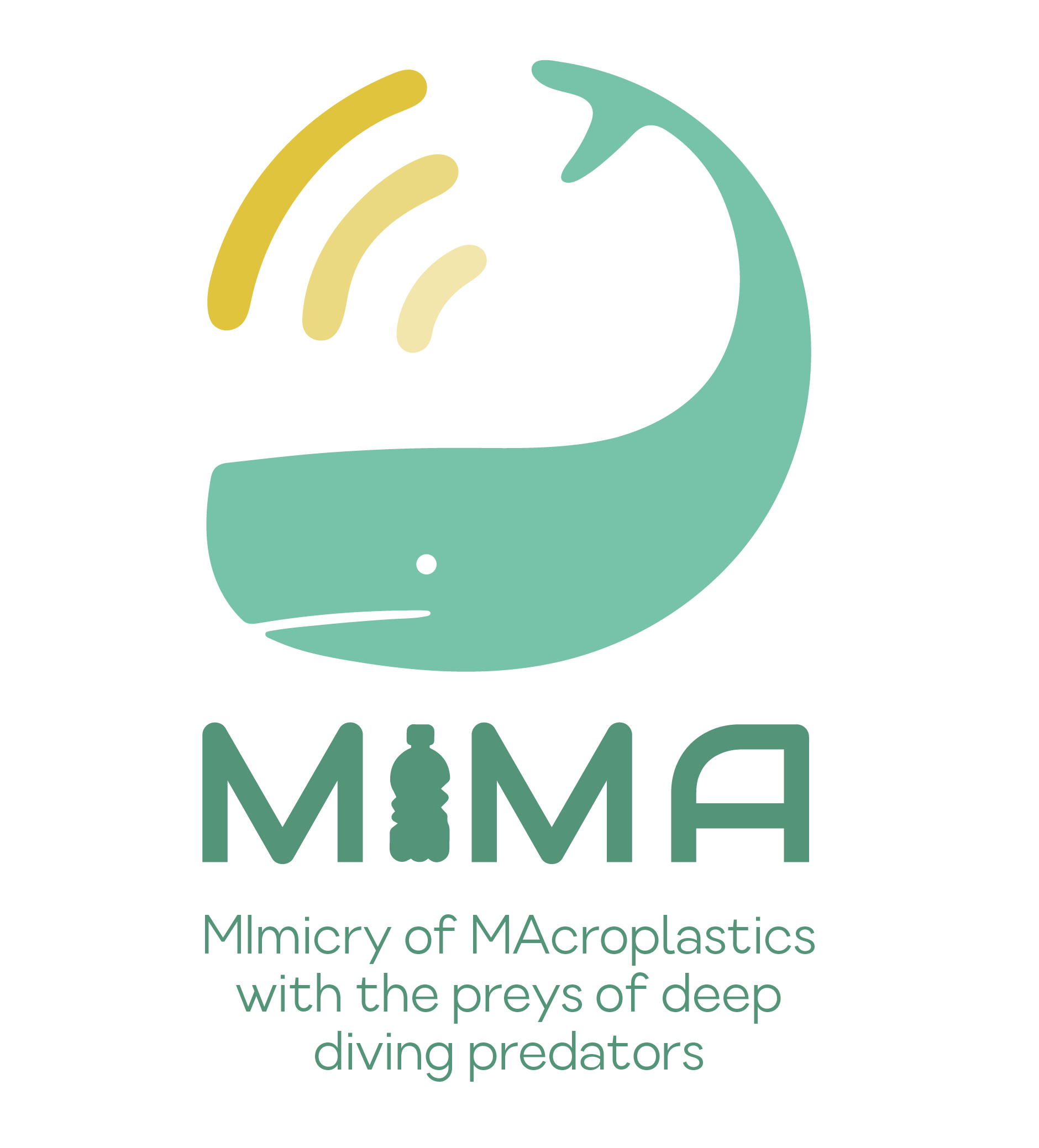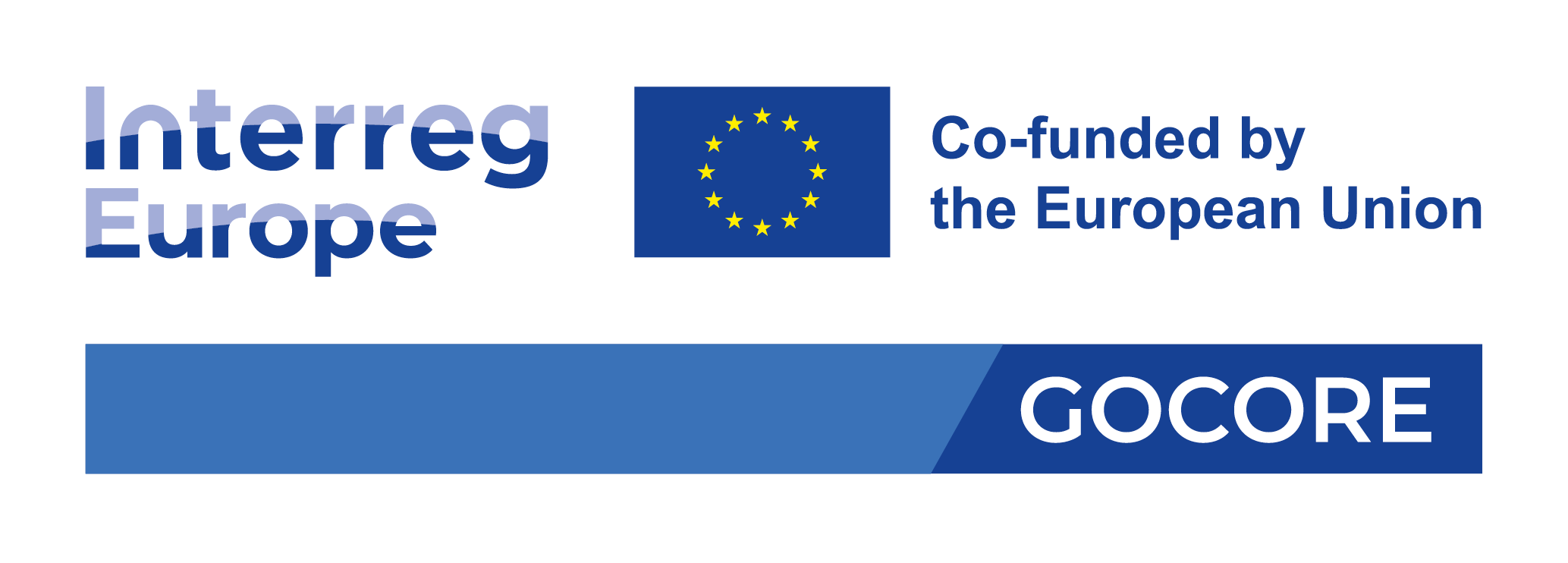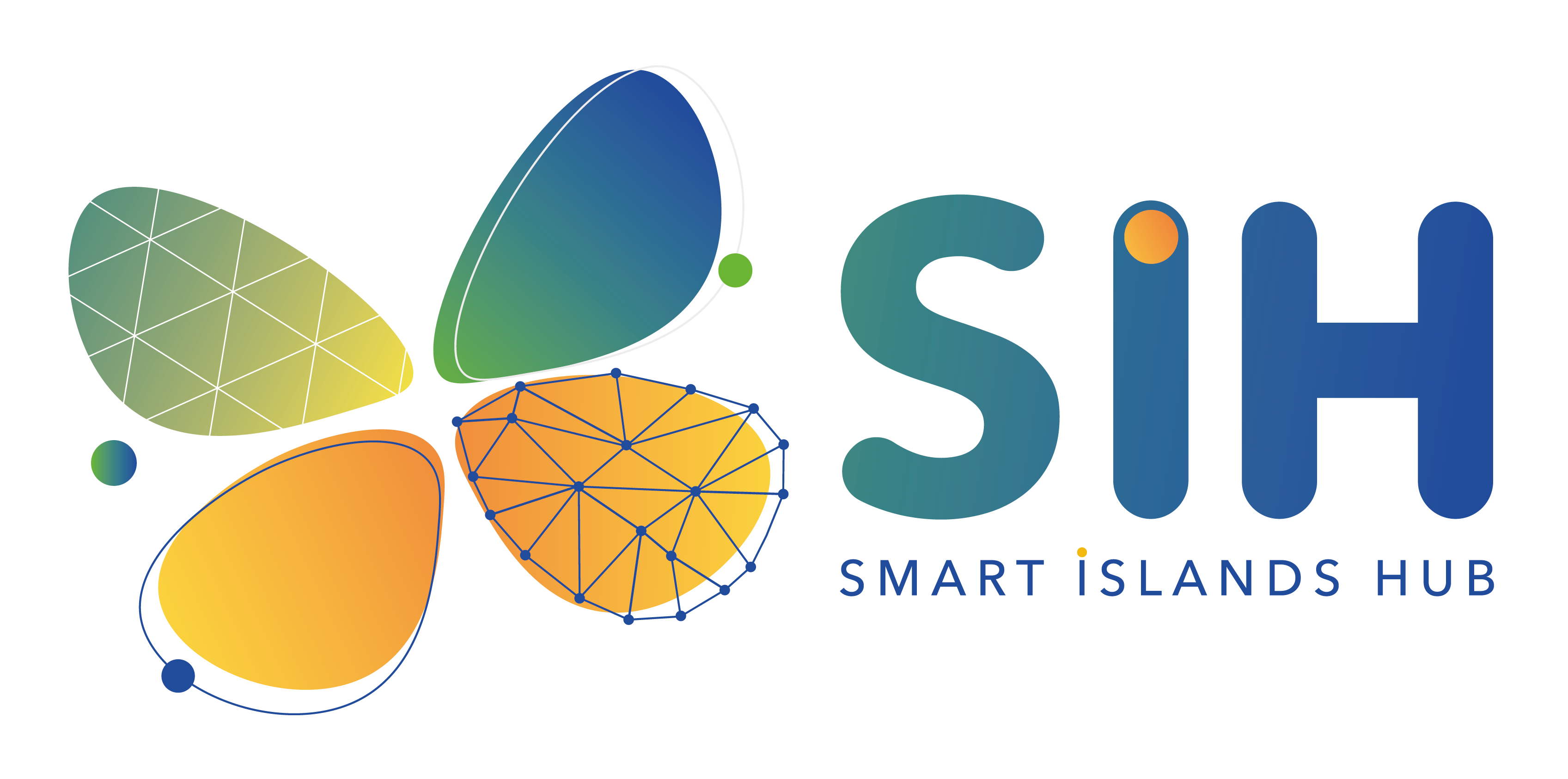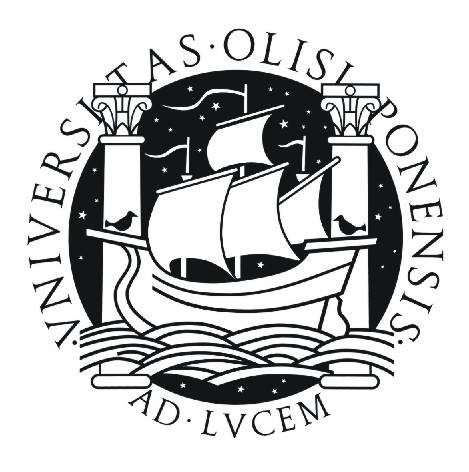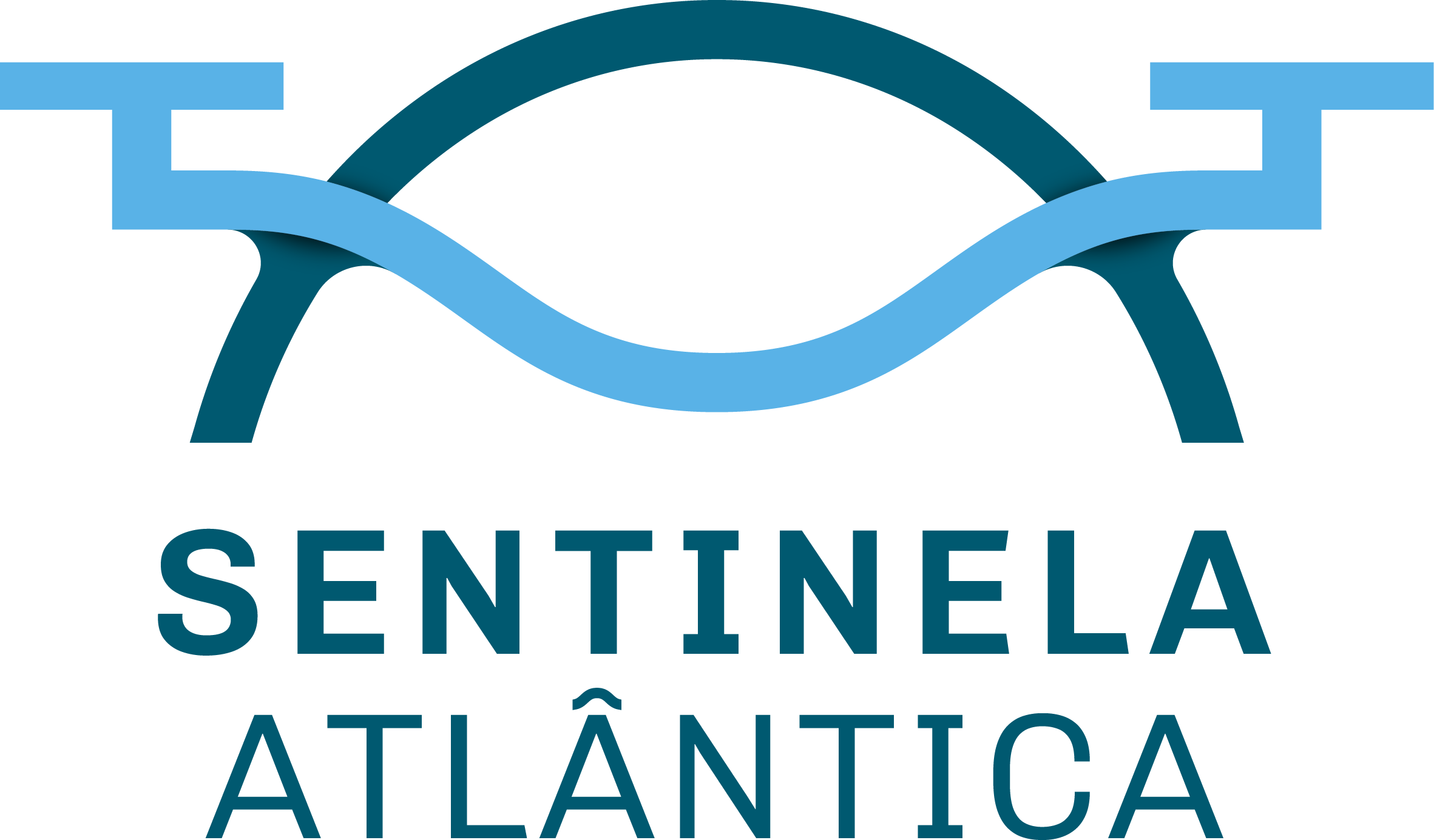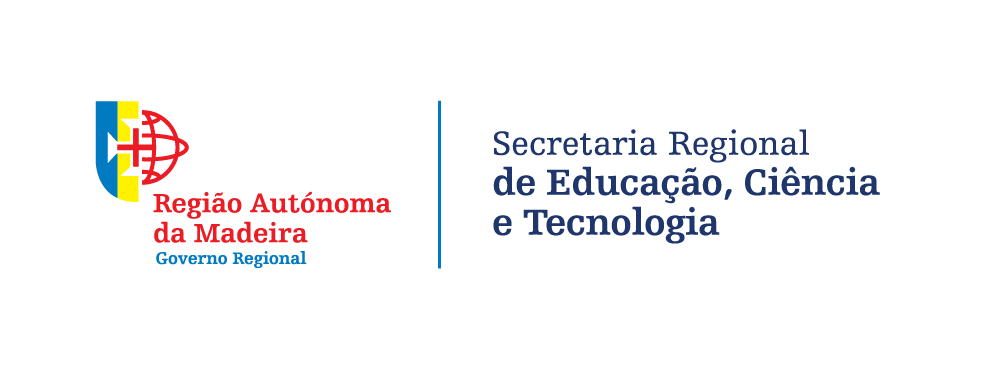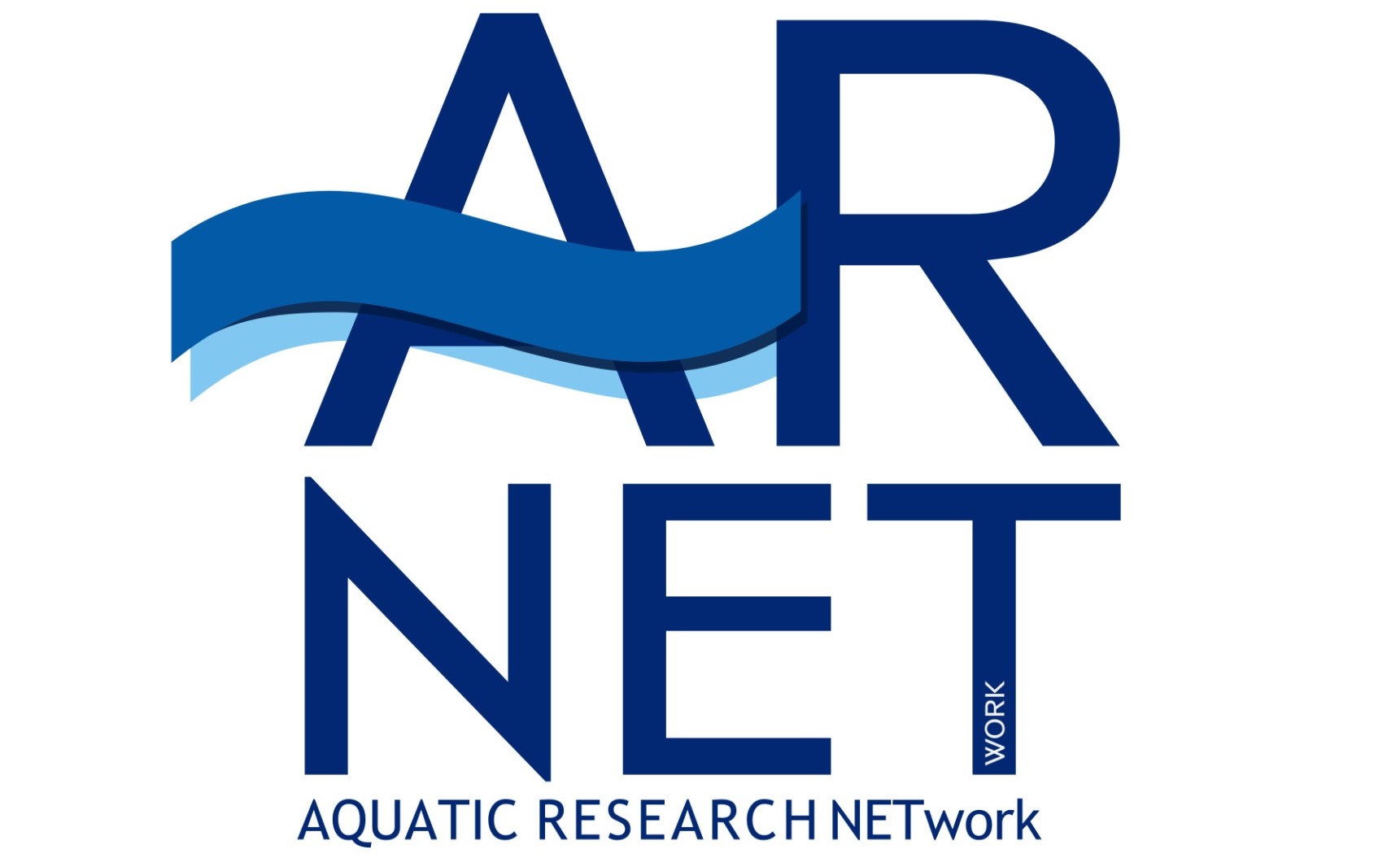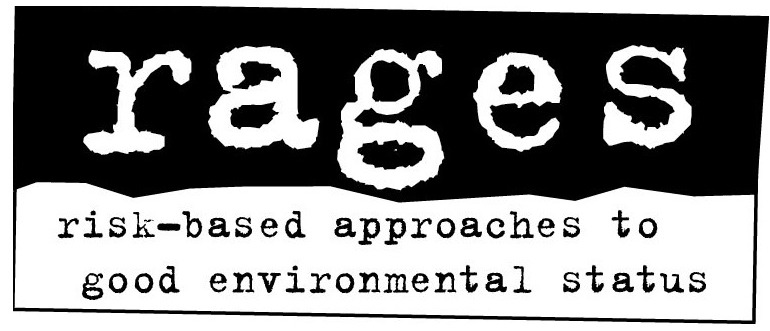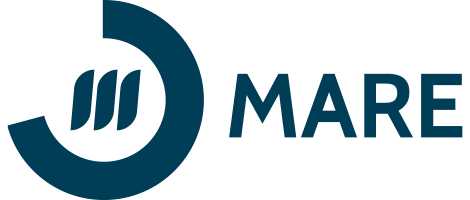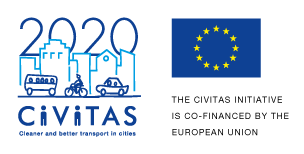Island regions face unique challenges due to their location. These challenges include limited transport options, a restricted range of economic activities (generally focused on tourism), a heavy reliance on imports and a lack of public services such as healthcare and education. Because of these issues, island regions often depend on aid and resources from the mainland.
However, digital technology can offer new ways to address these challenges. Since digital solutions can be used anywhere, they can help island regions become more self-sufficient and less dependent on the mainland.
Island regions can grow their economies by using digital technology in existing businesses and attracting new digital-based activities. Digital tools can improve public services such as health, education, transportation and government. Island regions can overcome many unique challenges by implementing digital technology in these areas.
DIGITAL ISLANDS is a project involving island regions of the European Union, including four outermost regions: Fryslân (Netherlands), Mallorca (Spain), Azores (Portugal), Madeira (Portugal), Réunion (France), Mayotte (France), Åland ( Finland), Cres (Croatia) and South Aegean Region (Greece).
The project aims to help island regions increase the use of digital practices and solutions in all parts of island life. The project will focus on three main areas:
1. Using digital technology in business and industry
2. Application of digital technology to public services and facilities
3. Improving the quality of life on the islands through digital practices
Partners will work with local groups on the islands to create and deliver specific digital projects that help the islands become more self-sufficient DIGITAL ISLANDS.
What will change with this project?
The project aims to increase self-sufficiency and resilience in European island regions through digital technology. By leveraging digital solutions, islands can diversify their economies, reducing their dependence on tourism and imports. This change promotes economic growth by integrating digital technology into existing businesses and attracting new digital-based ventures.
The project also seeks to improve public services on the islands, using digital tools for healthcare (e-health), education (e-learning), transport (smart mobility) and governance (e-governance). This digital transition can lead to better access and quality of life for island residents.
With a collaborative approach involving multiple EU island regions, the project encourages the sharing of good practices and the promotion of communities in these regions. DIGITAL ISLANDS aims to create stronger, more self-sufficient island communities by focusing on digital practices across diverse socio-economic areas.
| Project Designation: |
|
DIGITAL ISLANDS - Self-Supporting Digital Islands |
| Program: |
|
Interreg Europe |
| Start Date: |
|
01/04/2024 |
| End Date: |
|
31/03/2028 |
| Total Budget: |
|
2 283 726,00€ |
| Total Funding: |
|
1 598 608,20€ |
| ARDITI Budget: |
|
234 496,00€ |
| ARDITI Funding: |
|
164 147,20€ |
| Coordinator: |
|
Província de Fryslân |
| Partners: |
|
Province of Fryslân; Official Chamber of Commerce, Industry, Services and Navigation of Mallorca; Regional Undersecretary of the Presidency – Regional Government of the Azores; Regional Agency for the Development of Research Technology and Innovation (ARDITI); Reunion Regional Council; Departmental Council of Mayotte; Åland University of Applied Sciences; Town of Cres; Development Agency of South Aegean Region (READ). |
| Website: |
|
https://www.interregeurope.eu/digital-islands |

This project is aligned with the following Sustainable Development Goals (SDG):







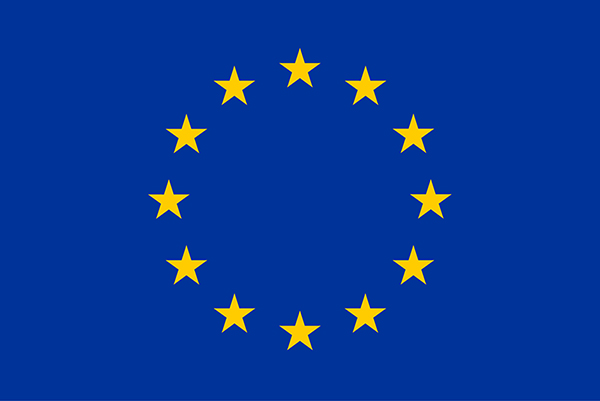


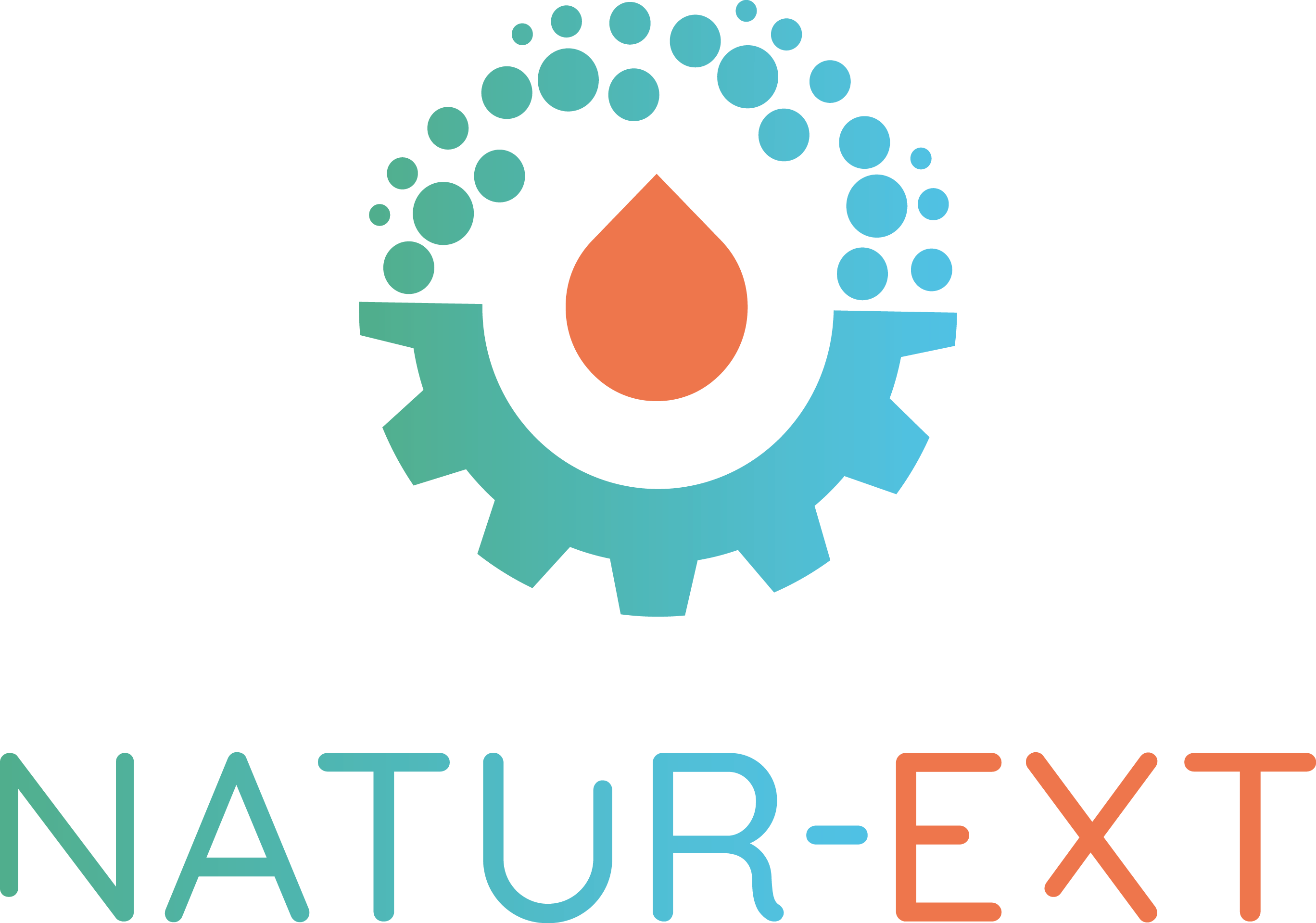


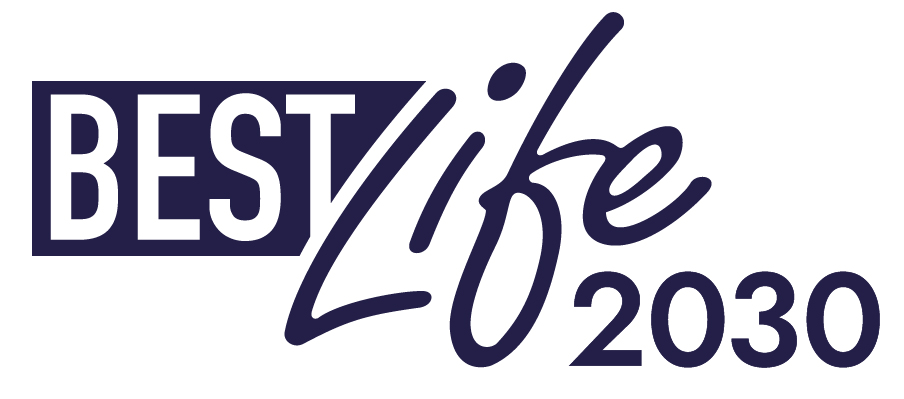
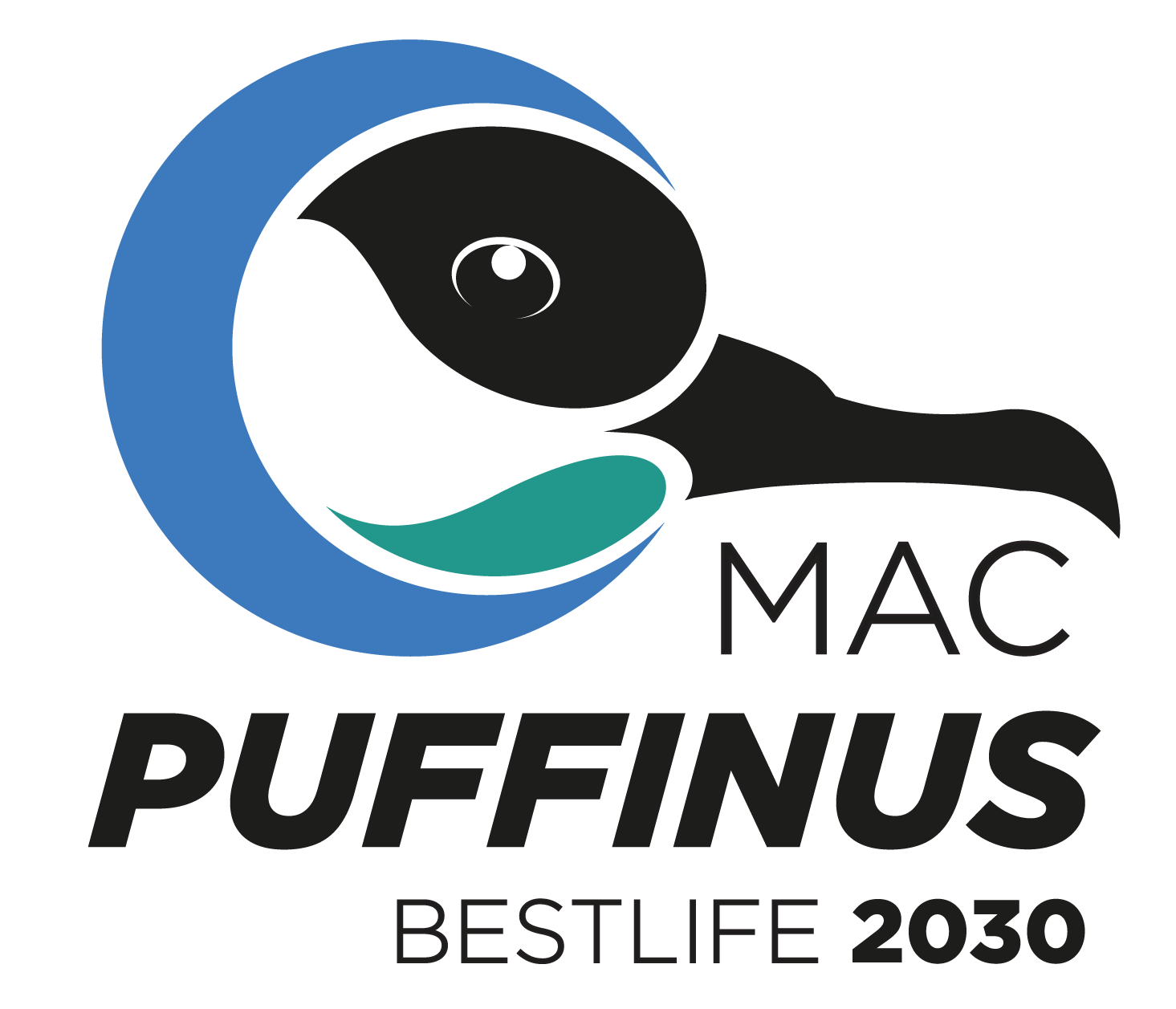
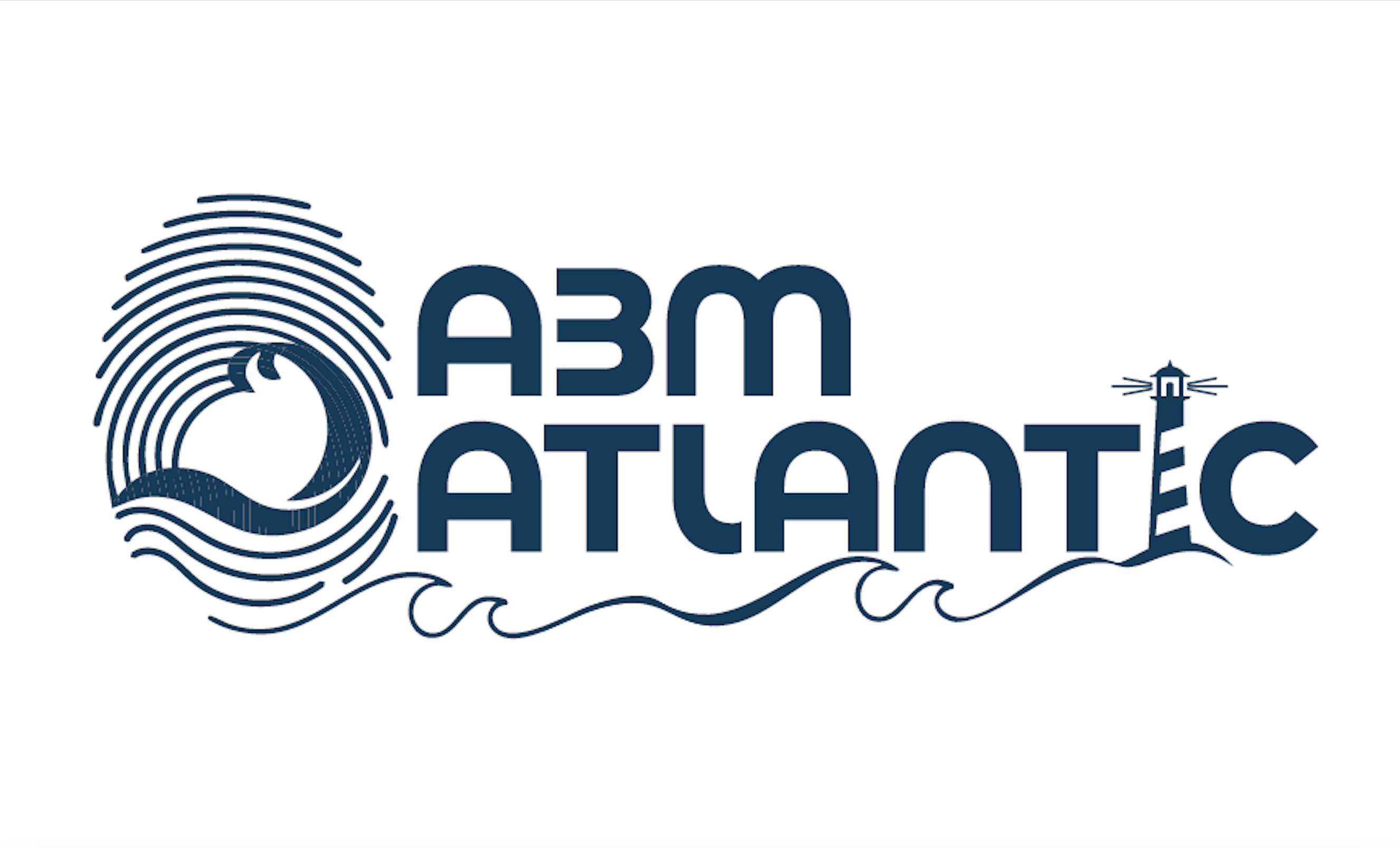
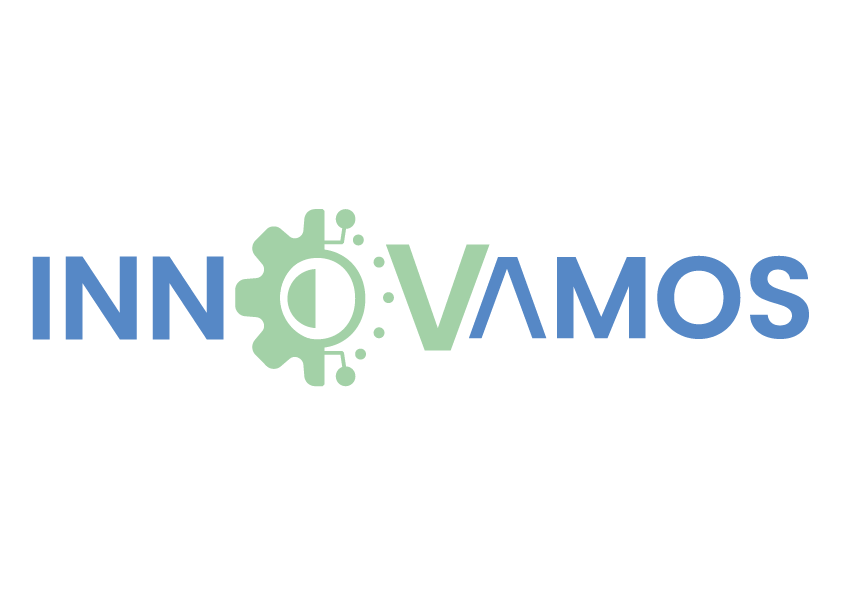
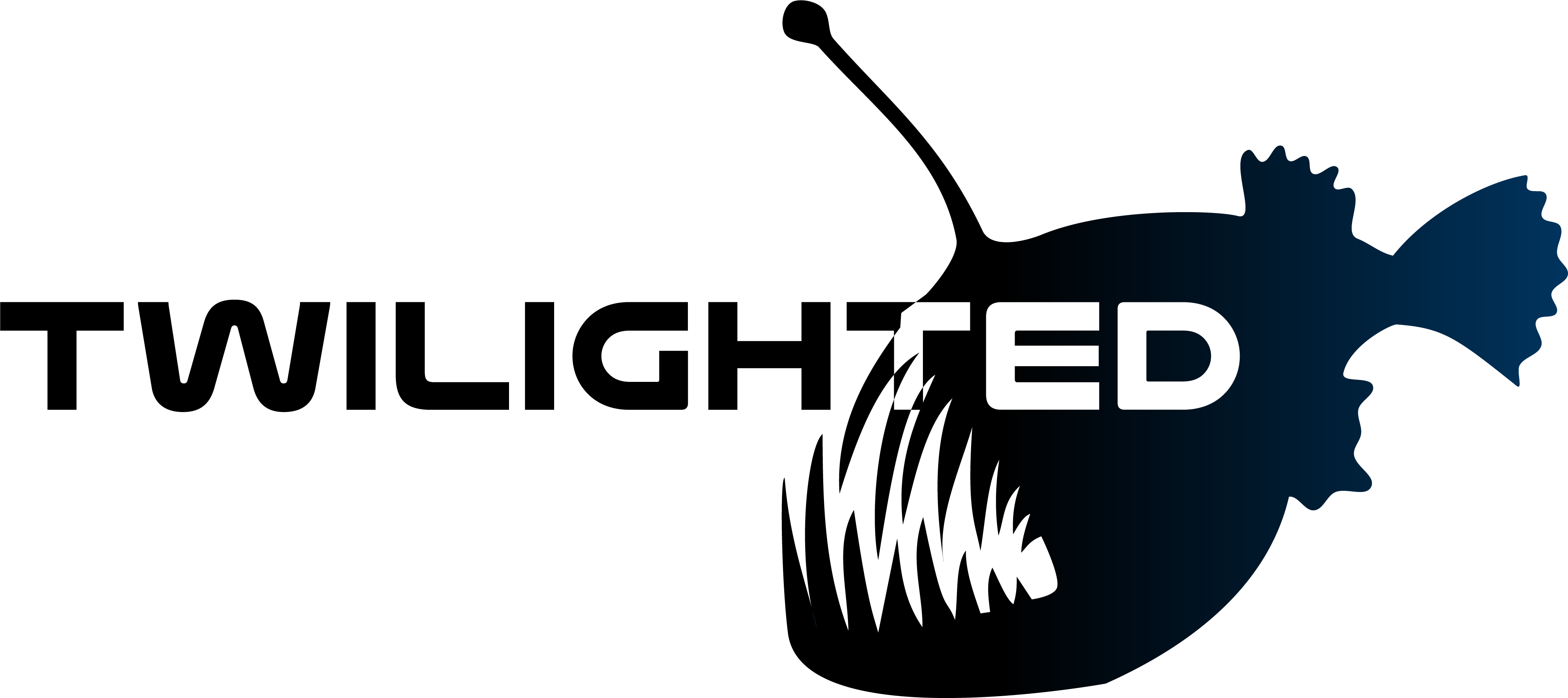



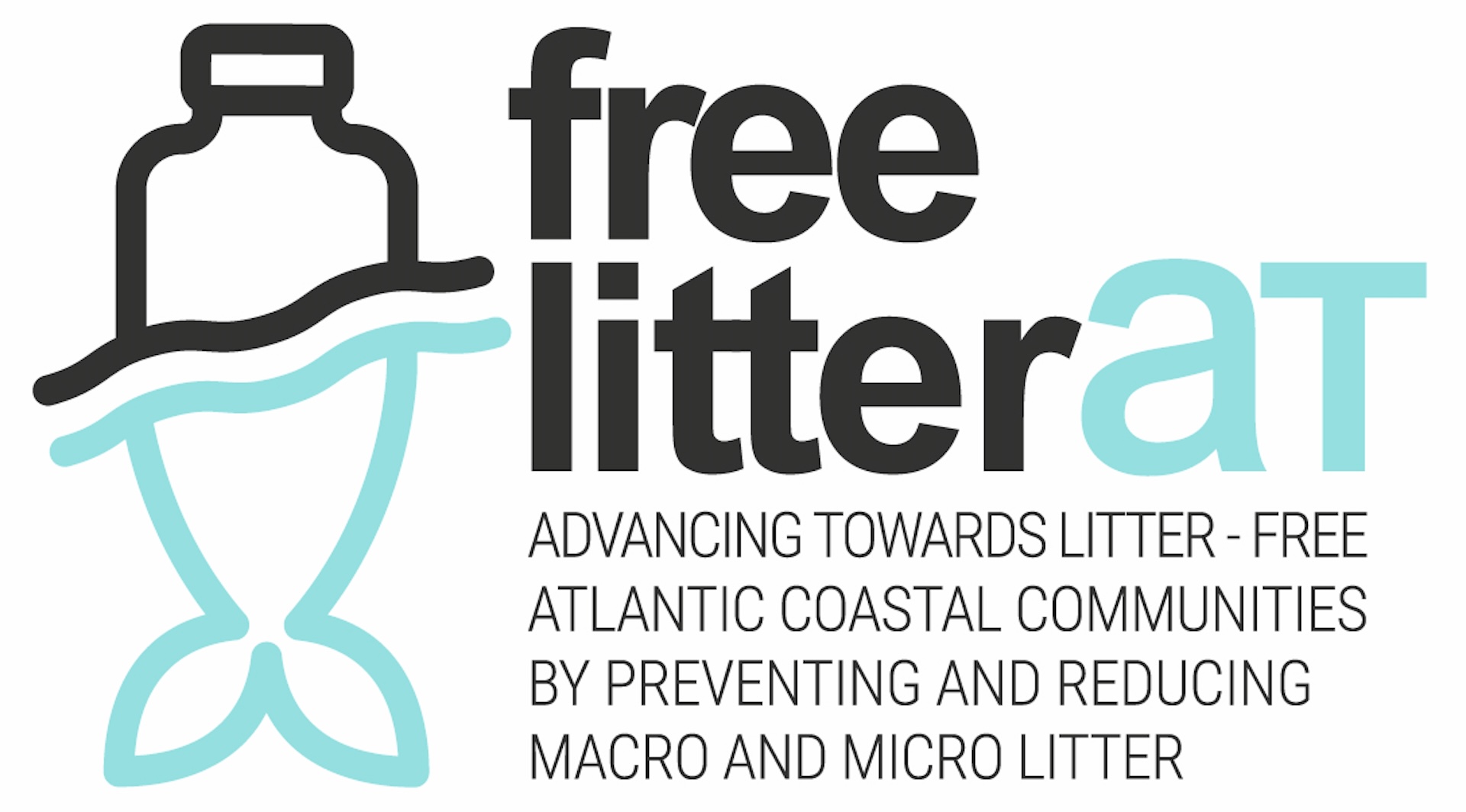
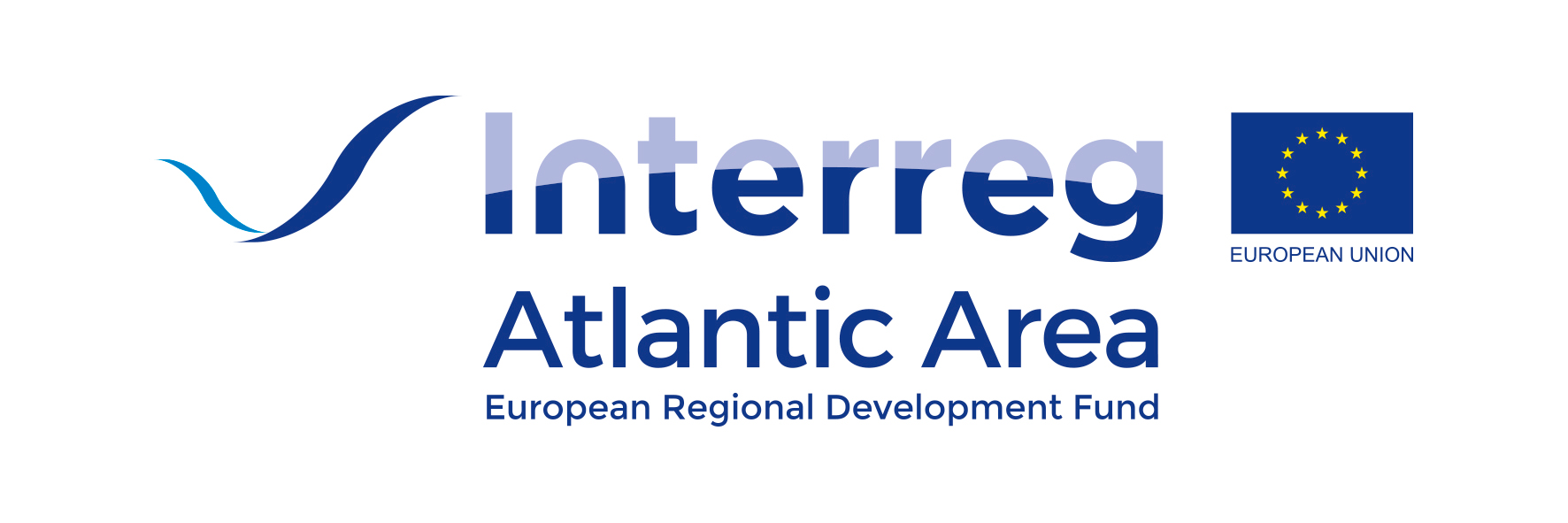



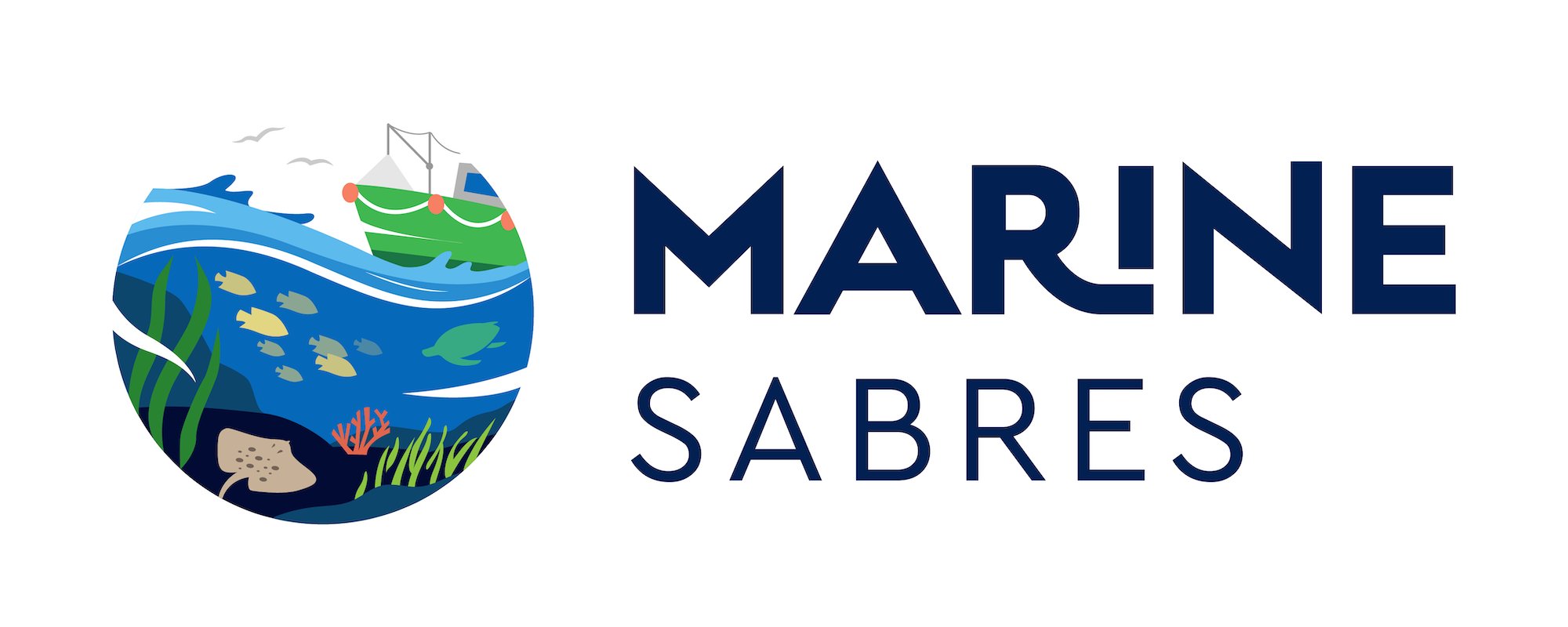 Marine Biodiversity loss is continuing to decline despite current conservation efforts. Reversing the decline in biodiversity requires rapid roll out of effective conservation measures that can also enable a sustainable and resilient blue economy. Social-ecological systems-thinking and Ecosystem-Based Management are globally recognized tools to enable balanced marine development and conservation. Marine SABRES will co-design as Simple Social Ecological Systems approach (the Simple SES) to rapidly enable and upscale EBM (Ecosystem-Based Management) across Europe and abroad. Marine SABRES will set European marine management on a course to reverse biodiversity decline, it will conserve and protect biodiversity by integrating sustainable ecosystems and a resilient blue economy; enable managers to make sustainable decisions; empower citizens to engage with marine biodiversity conservation; promote sustainable development and in coastal and marine sectors. Marine SABRES is comprised of an interdisciplinary consortium including world leaders in the field of EBM and Social Ecological System distributed across Europe and focusing demonstration of practical management efforts in three Demonstration Areas (Tuscan Archipelago, the Arctic North-East Atlantic and Macaronesia) before upscaling throughout Europe and beyond.
Marine Biodiversity loss is continuing to decline despite current conservation efforts. Reversing the decline in biodiversity requires rapid roll out of effective conservation measures that can also enable a sustainable and resilient blue economy. Social-ecological systems-thinking and Ecosystem-Based Management are globally recognized tools to enable balanced marine development and conservation. Marine SABRES will co-design as Simple Social Ecological Systems approach (the Simple SES) to rapidly enable and upscale EBM (Ecosystem-Based Management) across Europe and abroad. Marine SABRES will set European marine management on a course to reverse biodiversity decline, it will conserve and protect biodiversity by integrating sustainable ecosystems and a resilient blue economy; enable managers to make sustainable decisions; empower citizens to engage with marine biodiversity conservation; promote sustainable development and in coastal and marine sectors. Marine SABRES is comprised of an interdisciplinary consortium including world leaders in the field of EBM and Social Ecological System distributed across Europe and focusing demonstration of practical management efforts in three Demonstration Areas (Tuscan Archipelago, the Arctic North-East Atlantic and Macaronesia) before upscaling throughout Europe and beyond.
